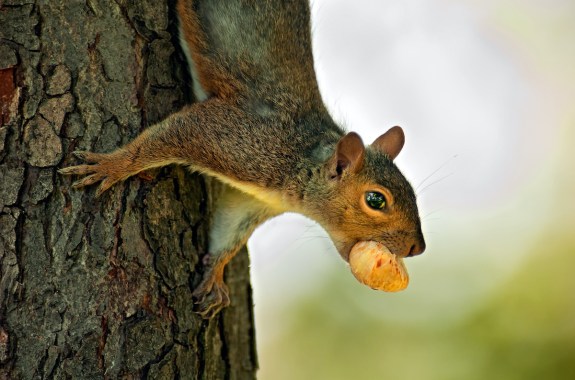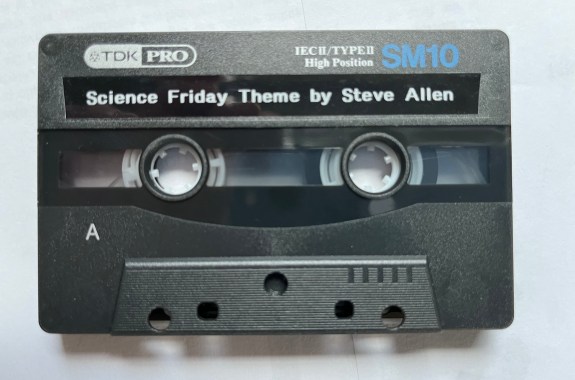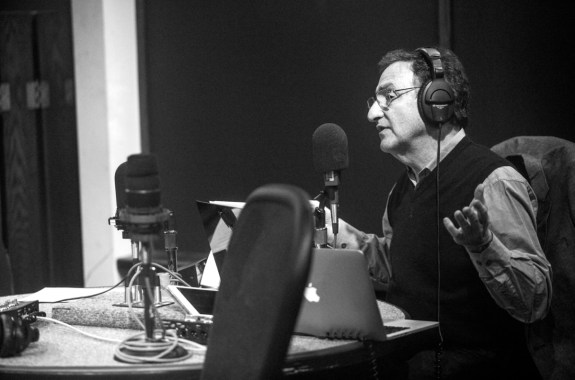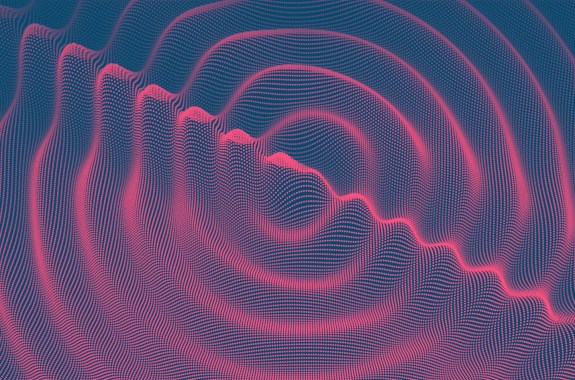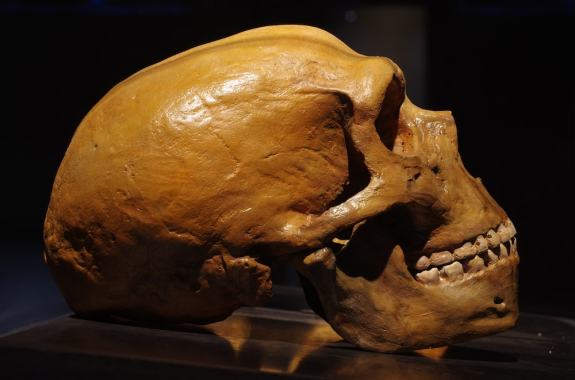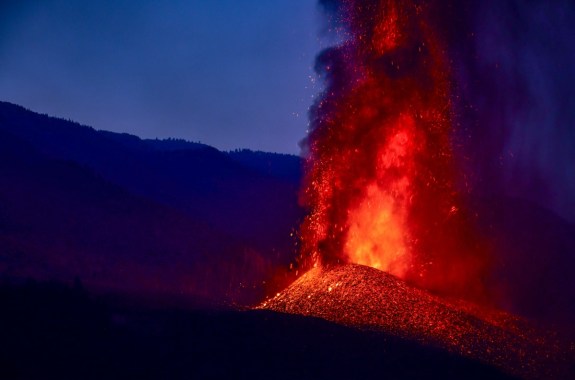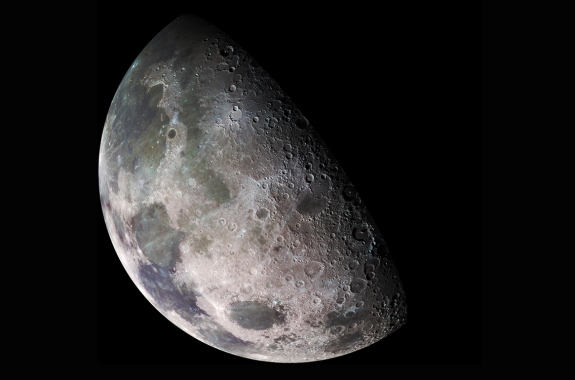As Science Friday’s director and senior producer, Charles Bergquist channels the chaos of a live production studio into something sounding like a radio program. He coordinates in-studio activities each week from 1-4. And then collapses. He also produces pieces for the radio show. His favorite topics involve planetary sciences, chemistry, materials, and shiny things with blinking lights.
Charles has been at Science Friday longer than anyone on staff except Ira, and so serves as a repository of sometimes useful, sometimes useless knowledge about the program. He remembers the time an audience member decided to recite a love poem during a live remote broadcast, the time the whole staff went for ice cream at midnight in Fairbanks, Alaska, and the name of that guy Ira is trying to remember from a few years back who did something with space.
He hails from southeastern Pennsylvania and worked for a while as a demonstrator at the Franklin Institute, Philadelphia’s science museum (favorite devices: Maillardet’s Automaton, the stream table, the Chladni plates). He has a degree in chemistry from the University of Delaware, home of the Fighting Blue Hens, and a master’s in journalism from New York University’s Science, Health, and Environmental Reporting Program. However, he attended the program prior to the addition of ‘Health’ to its name, which may explain his slight unease when covering medical topics.
Outside the walls of Science Friday, he enjoys backpacking, camping, cooking not-entirely-healthy things, reading escapist fiction, and trying to unravel his children’s complicated stories.
16:56
Squirrel-Nut Economics And Other Agility Tricks
Researchers are learning about memory, learning, and economics from our bushy-tailed neighbors.
5:18
The Science Friday Theme Song That Got Lost In The Mail
23 years ago, Ira dared Steve Allen, the first host of The Tonight Show, to write a Science Friday a theme song. Allen obliged—so why didn’t it make it on the show?
26:05
SciFri Reflects On Three Decades Of Covering Science News
A lot has changed since the first broadcast in 1991. The show’s commitment to science hasn’t.
12:16
Younger Kids Next In Line For COVID-19 Vaccines
How will making vaccines available for children as young as 5 change the course of the pandemic in the U.S.?
22:36
Could Ordinary Household Objects Be Used To Spy On You?
Researchers have been able to coax a wide range of ordinary objects into information-gathering devices, known as a side-channel attack.
11:58
The Ancient Neanderthal Traces Hidden In Your Genome
Traces of Denisovans and Neanderthals can be found scattered throughout the human genome, suggesting a shared inheritance.
9:14
DIY Halloween Hacks
We resurrect a 2013 interview with the co-founder of Evil Mad Scientist, who shares tips for a festive fright fest.
7:54
The Burn Of Volcanic Beauty
In both the Atlantic and the Pacific, erupting volcanoes are bringing destruction and disruption.
12:08
More Boosters, For More People
An FDA advisory panel met this week to debate the role of COVID-19 vaccine boosters, and mixing and matching different vaccines.
7:23
This Weekend, Take Time For The Moon
From the Orionid meteor shower to International Observe The Moon Night, it’s a great weekend to look up.
